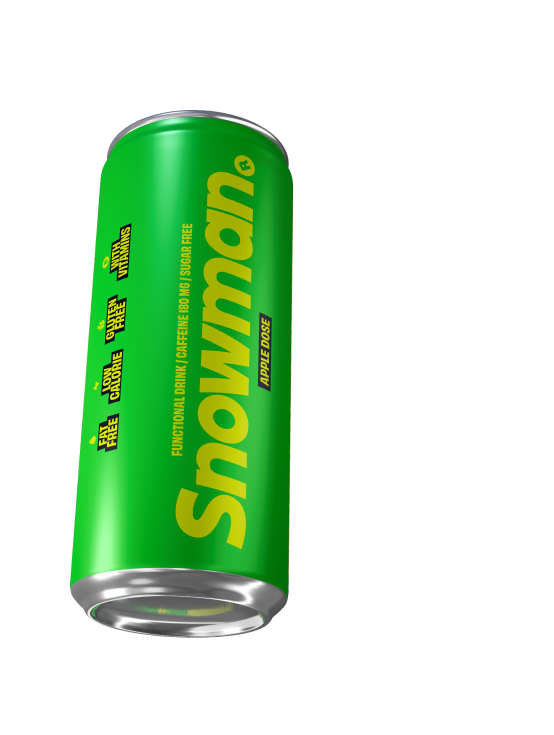
In recent years, nicotine pouches have surged in popularity as a smoke-free alternative to cigarettes, snus, and vaping. Marketed as cleaner, discreet, and tobacco-free, many see them as a safer choice. But as their usage grows, a serious question emerges: how addictive are nicotine pouches really?
Let’s break down the science, explore real-world usage patterns, and learn what medical experts and researchers have to say about nicotine pouch addiction.
What Is Nicotine and How Does It Cause Addiction?
Nicotine is a highly addictive stimulant found naturally in the tobacco plant. In nicotine pouches, it is either extracted from tobacco or created synthetically.
Mechanism in the Brain
Nicotine binds to nicotinic acetylcholine receptors in the brain, releasing a surge of dopamine—a neurotransmitter linked to pleasure and reward. This spike creates a feeling of euphoria and mental clarity, reinforcing the desire to use it again.
Physical and Psychological Dependence
- Physical signs: Cravings, irritability, headaches, restlessness
- Psychological signs: Habitual use in certain routines, emotional reliance
Addiction arises when your brain and body begin to rely on regular nicotine input to function “normally.”
Are Nicotine Pouches Addictive?
Yes—nicotine pouches are addictive, primarily due to their nicotine content. The mode of delivery (oral absorption) is rapid, and the convenience of pouches makes repeated use easy.
Factors That Increase Addiction Risk
- High nicotine strength (10–20+ mg per pouch)
- Frequent usage—more than 5 pouches per day
- Early exposure, especially in teenagers or young adults
- Previous addiction to smoking or vaping
Role of Flavors and Discretion
Mild, fruity, or minty flavors make pouches more appealing, especially to younger users. The discreet, clean usage also reduces social stigma, encouraging habitual use in more situations.
Nicotine Pouch Addiction vs Other Nicotine Products
| Product | Addiction Potential | Nicotine Delivery | Tobacco Content |
|---|---|---|---|
| Cigarettes | Very high | Rapid via lungs | Yes |
| Vaping | High | Rapid via lungs | Sometimes |
| Snus | High | Oral, steady release | Yes |
| Nicotine Pouches | Moderate to High | Oral, moderate absorption | No |
Although pouches lack tobacco, their high nicotine concentration still presents a significant addiction risk.
Research and Studies on Nicotine Pouch Addiction
EU and US Studies
- A 2023 European Tobacco Harm Reduction report found that 62% of daily pouch users showed signs of moderate dependence.
- A CDC study (2022) observed that U.S. teens aged 15–18 who used nicotine pouches had a 60% higher likelihood of progressing to daily nicotine use.
Long-Term Use Patterns and Behaviors
- Most regular users start with lower doses (2–6 mg) and escalate to stronger products (10–20 mg)
- Some use pouches as a complement to vaping or smoking rather than a full replacement, increasing total nicotine exposure
Who Is Most at Risk of Nicotine Pouch Addiction?
- Teenagers and young adults, especially those drawn to flavored products
- Former smokers, looking for a substitute
- Casual users who escalate usage during stress or social events
Even those who start “occasionally” may develop a daily habit over weeks or months.
Signs You Might Be Addicted to Nicotine Pouches
- Using pouches immediately after waking
- Anxiety or restlessness when you don’t use one
- Needing stronger doses to get the same effect
- Using during work, sleep time, or inappropriate settings
If you find yourself unable to cut down or stop—even when trying—you may be addicted.
Can You Quit or Reduce Nicotine Pouch Use?
Yes, quitting or reducing nicotine pouch usage is possible. The key is awareness, planning, and support.
Gradual Tapering Strategies
- Switch to lower nicotine strength
- Limit to specific times of day
- Increase non-nicotine oral habits (e.g., gum, lozenges)
Support Tools and Apps
- Apps like QuitNow or SmokeFree offer tracking and support
- Behavioral therapy and nicotine-free replacements can also help
- Speak with a health professional for tailored advice
FAQs: Nicotine Pouch Addiction
1. Are nicotine pouches less addictive than cigarettes?
Yes, but still significantly addictive due to nicotine content.
2. Can I get addicted using only 2–3 pouches a day?
Yes—especially if you escalate strength or rely on them for stress.
3. Is flavored nicotine more addictive?
Flavor doesn’t change the chemical addiction, but it increases appeal and frequency of use.
4. Can I use pouches to quit smoking?
They can help reduce harm, but aren’t officially approved as cessation aids.
5. Are low-nicotine pouches safer?
Yes—they reduce addiction risk but can still lead to dependence.
6. What’s the best way to break the habit?
Start by reducing frequency, switch to lower strengths, and use digital or in-person support tools.
Conclusion
While nicotine pouches offer a smoke-free alternative, they are far from risk-free. The scientific consensus is clear: nicotine, in any form, carries a high potential for addiction. With their ease of use, variety, and discreet design, pouches may even accelerate dependence for some users—especially if left unchecked.
If you’re using them as a harm reduction tool or part of a smoking cessation plan, do so mindfully and with support. And if you’re just starting out, know the risks—moderation and awareness are key.








